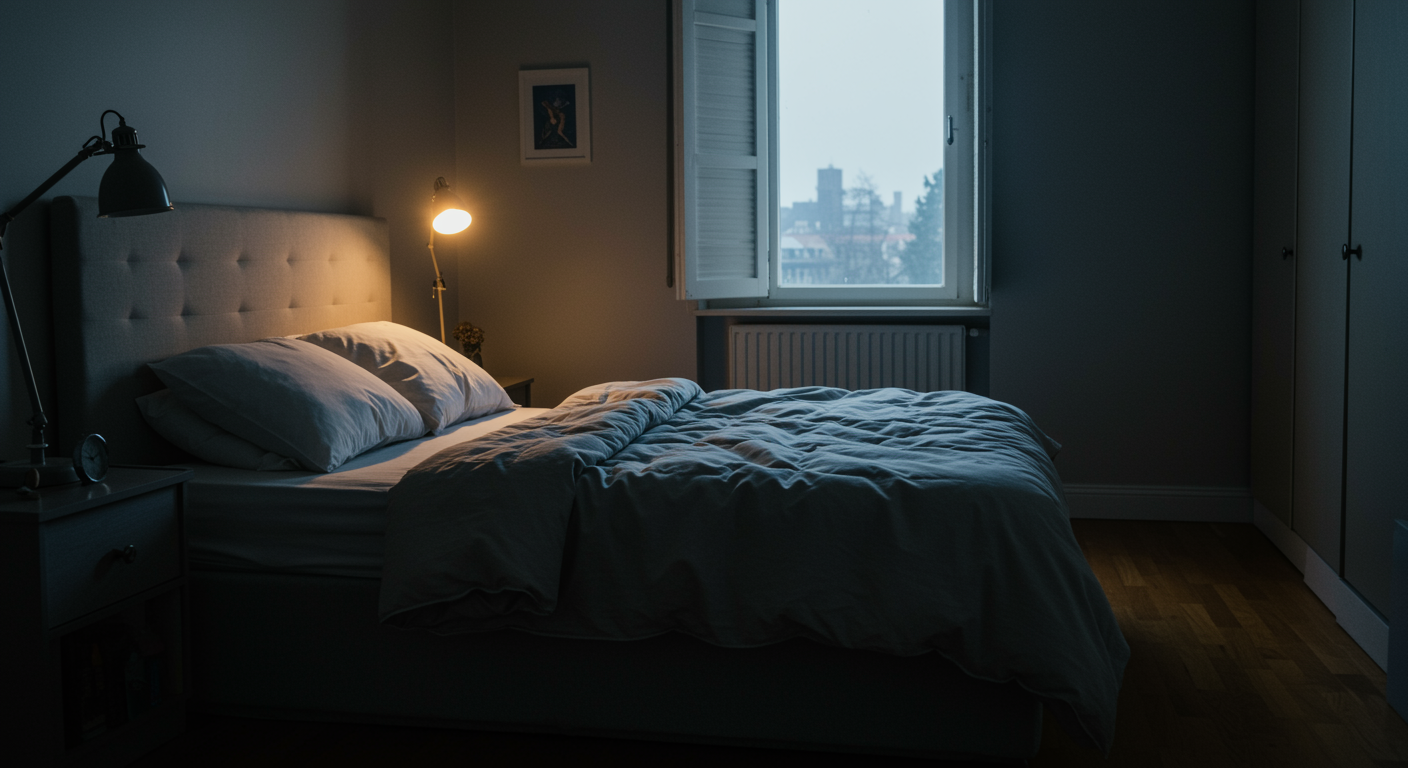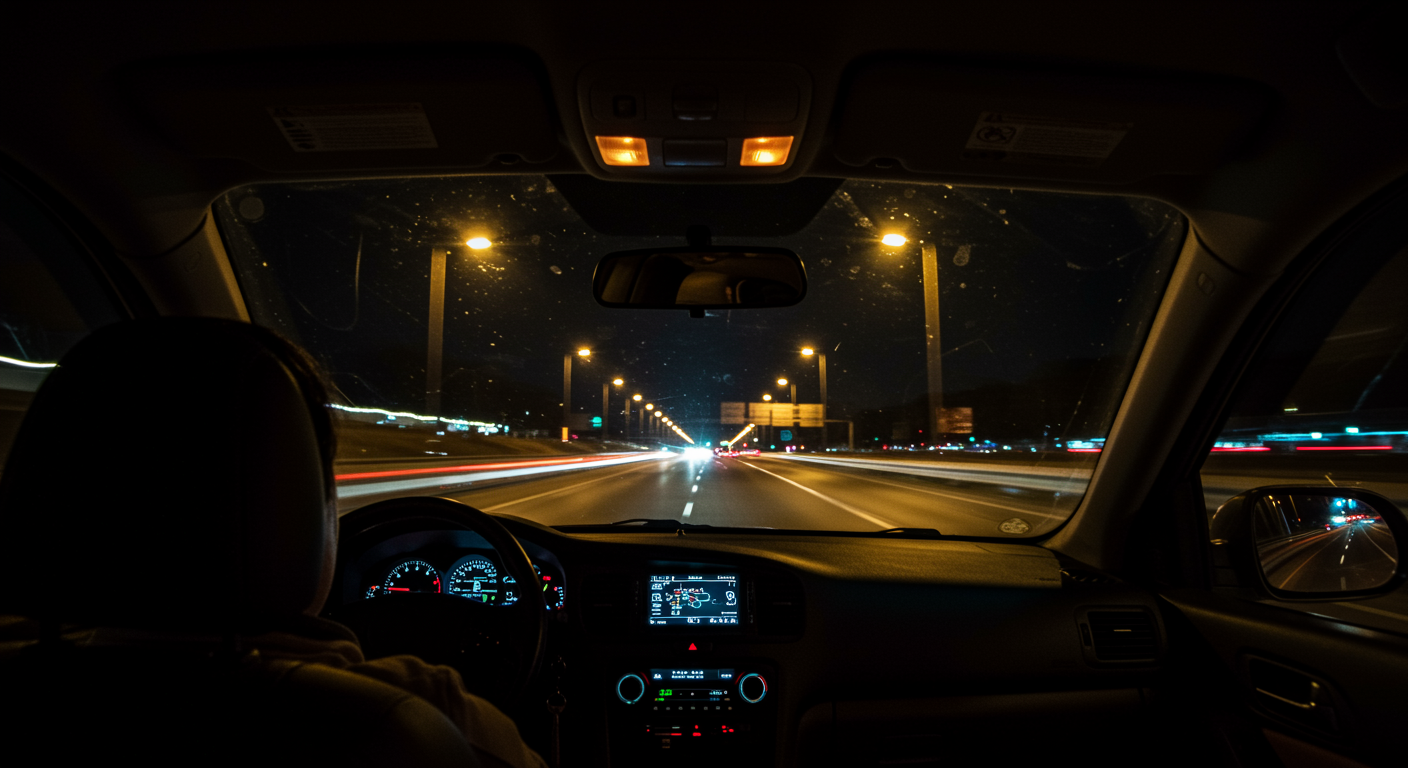Bedroom Ventilation and Temperature: Effects on Sleep Quality and Next-Day Performance
How Do Bedroom Ventilation and Temperature Affect Your Sleep and Next-Day Performance?
Bedroom ventilation and temperature significantly affect both sleep quality and next-day cognitive performance, with optimal environmental conditions improving sleep efficiency by 15-20% and enhancing workplace productivity measures by 12-18%. This research demonstrates that well-ventilated bedrooms (4-6 air changes per hour) combined with optimal temperature (16-19°C/60-67°F) promote deeper sleep, reduce nighttime awakenings, and lead to better concentration, memory, and decision-making abilities the following day. Poor ventilation and suboptimal temperatures not only disrupt sleep architecture but also impair cognitive function through multiple mechanisms including reduced sleep quality, increased stress hormone levels, and altered neurotransmitter balance that persists into the waking hours.




